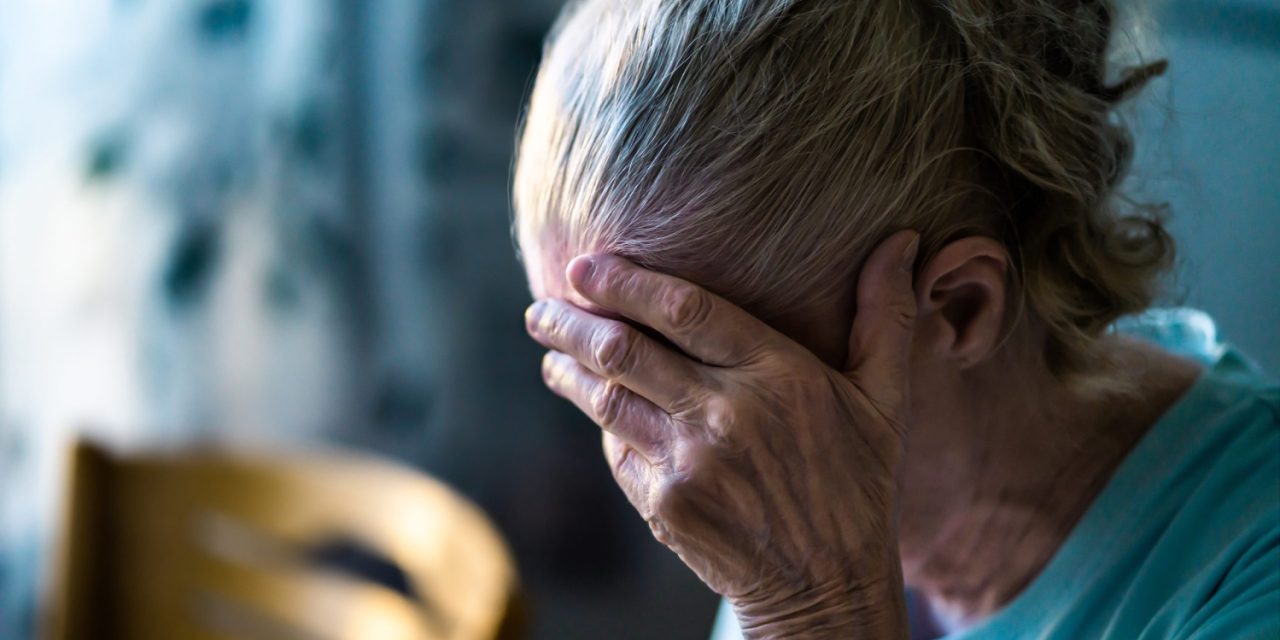In undergraduate medical education and in the subject of child and adolescent psychiatry, examining young patients face-to-face is a key element of teaching. With the abrupt shutdown of face-to-face teaching caused by the SARS-CoV-2 pandemic, a case-based online training program integrating audio and video of real patients was developed. The blended learning platform CaseTrain guides medical students in their final year through real child-psychiatric patient cases, such as anorexia, autism, or attention deficit disorder, through presentation of video and audio of real patients and parents. The teaching format complements lectures on child psychiatric topics, comprising asynchronous elements (self-study using the digital material) as well as synchronous elements (web-conferences with a specialist). Learning objectives for students were set to develop knowledge of the spectra of psychiatric disorders that affect children and to recognize approaches how to assess and manage common psychiatric problems of childhood and adolescence. The feedback from medical students through oral and written evaluation was positive. They appreciated getting to know ‘real-world patients’ in times of such a pandemic, to learn explorative techniques from role models, and to be in close contact with the supervising specialist. In consequence of critical feedback on the length of some video sequences, these training units will undergo revision. Case-based online training may continue to be a useful option in a post-pandemic future as integral part of medical education, complementing face-to-face lectures and training in (child) psychiatry.Copyright © 2020 Taurines et al.
Using real patients in e-learning: case-based online training in child and adolescent psychiatry.


